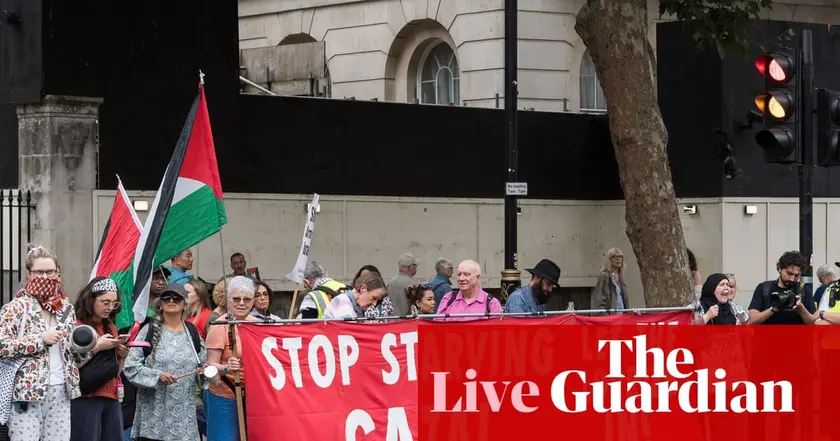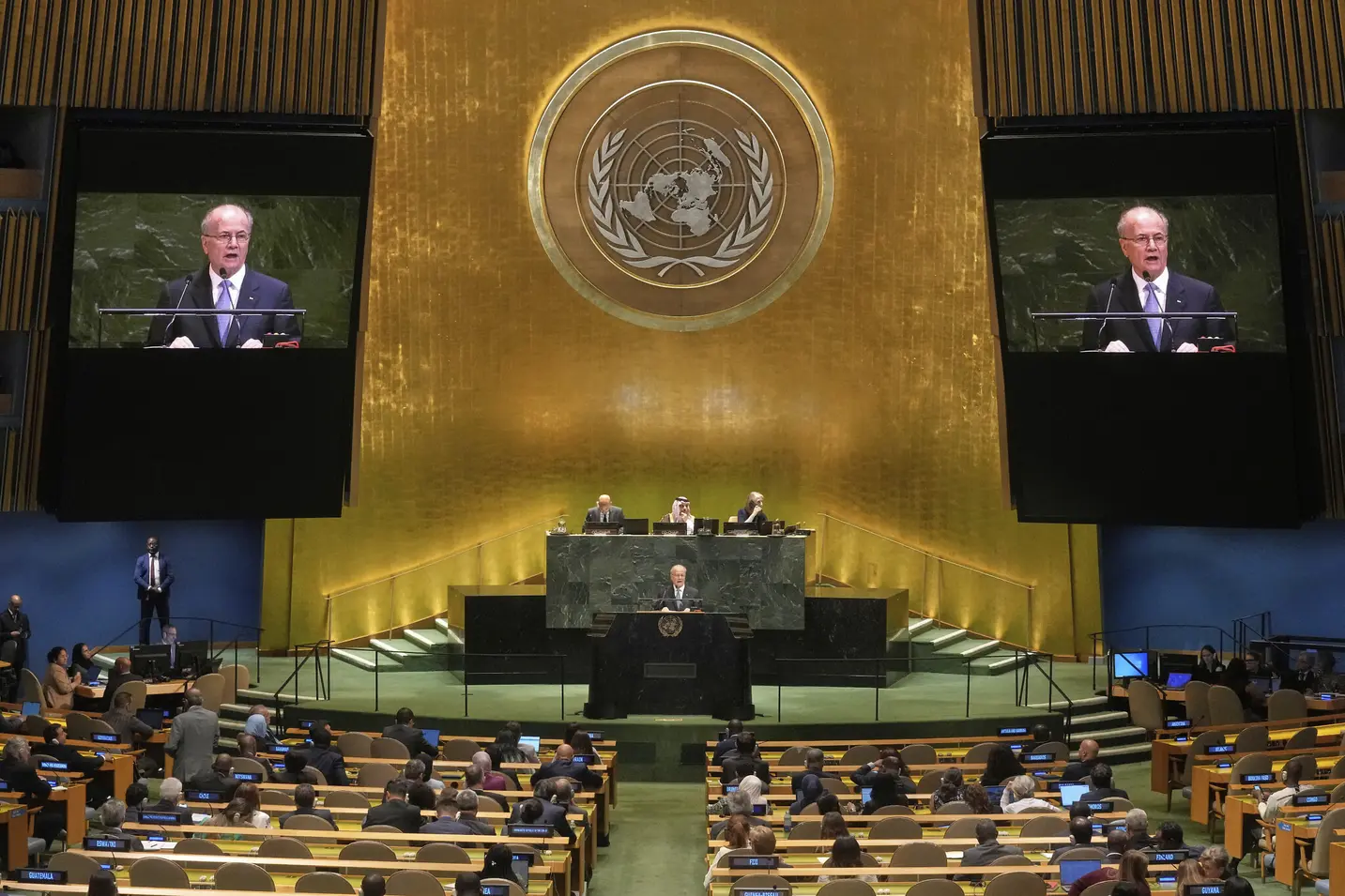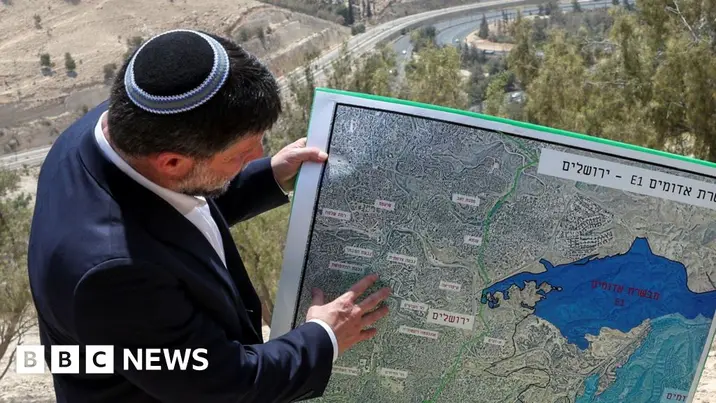T4K3.news
Germany rejects West Bank settlement plan
Berlin urges Israel to halt construction as global players stress legal and diplomatic consequences.

Germany urges Israel to halt a new West Bank settlement plan, arguing it breaches international law and jeopardizes prospects for a two-state peace.
Germany condemns West Bank settlement plan as violating international law
Berlin reacted to a plan by Bezalel Smotrich to build 3,400 housing units in the E1 area between East Jerusalem and Maale Adumim. Germany says the project would divide the West Bank and hinder efforts toward a two state solution. The Foreign Ministry also stressed that border changes must be agreed by both sides and that settlement construction breaches international law and UN Security Council resolutions.
International bodies followed with concern. The UN rights office called the plan illegal under international law and warned of risks to Palestinians facing eviction. The European Union described the move as a breach of international law that undermines the chance for a negotiated two state outcome. The broader Gaza crisis adds urgency to diplomacy as regional stability hangs in the balance.
Key Takeaways
"The German government calls on the Israeli government to stop settlement construction and will only recognize changes to the borders of June 4, 1967, that have been agreed upon by the parties to the conflict."
German Foreign Ministry statement on record
"The settlement construction violates international law and relevant UN Security Council resolutions."
International law and UN resolutions cited by Berlin
"It complicates a negotiated two-state solution and an end to the Israeli occupation of the West Bank, as demanded by the International Court of Justice."
ICJ related concerns echoed in commentary
"The plan further undermines the two-state solution while being a breach of international law."
EU reaction to the plan
The plan signals a hard line from a rising faction in the Israeli government and tests how far Western partners will go to defend international norms. Germany’s stance aligns with a broader European push to uphold international law in land disputes, but it also deepens a fault line between domestic political priorities and international expectations. Diplomacy could be pressed to show it can survive aggressive policy moves and still offer a pathway to peace.
Timing matters. With Gaza in a humanitarian crisis and regional tensions high, the West Bank move frames diplomacy as a high stakes contest where legal arguments, diplomatic pressure, and public opinion all play a role. How partners respond in the coming weeks will shape the space for any renewed negotiations and the credibility of the two state idea.
Highlights
- Ground has shifted against a peaceful settlement
- International law should guide policy not political optics
- The map is being redrawn with little room for negotiation
- Diplomacy now tests its resilience
West Bank plan risks political backlash and legal scrutiny
The move touches on sensitive political issues and could provoke international backlash, affecting Israel's relations with Europe and the United States. It also raises questions about compliance with international law and the rights of Palestinians.
The path to peace remains perilous and its outcome uncertain.
Enjoyed this? Let your friends know!
Related News

E1 settlement moves closer to approval

West Bank settlement plan advances

Israeli minister confronts Palestinian detainee in prison clip

Aid groups condemn Israel's aid rules

Reynolds defends Palestinian state recognition

Arab League condemns Hamas and urges disarmament

Transfer news intensifies as deadline approaches

E1 plan sparks international tension
